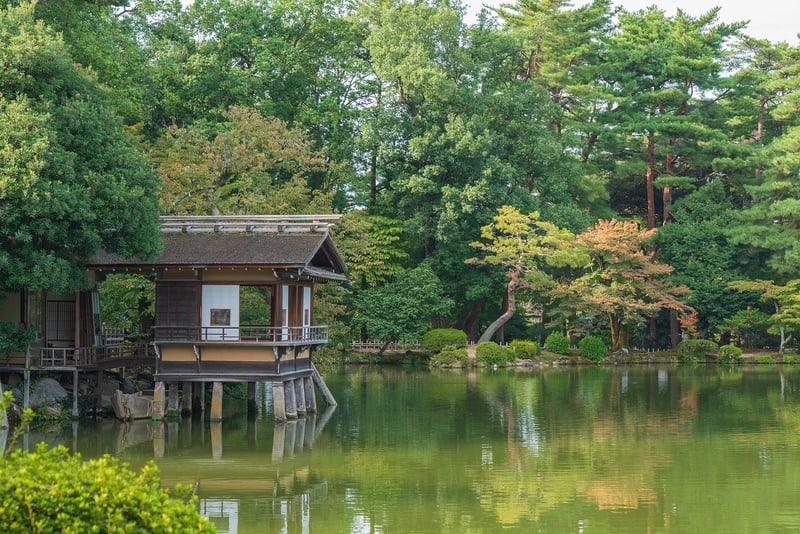Tsukiyama
Exploring Zen Garden Designs and Tsukiyama
Zen gardens, also known as Japanese rock gardens or dry landscape gardens, are designed to evoke feelings of tranquility, calmness, and simplicity. These gardens typically consist of carefully arranged rocks, gravel or sand, moss, and pruned trees or bushes. One particular style within Zen gardens is Tsukiyama, which incorporates miniature mountains and hills to mimic natural landscapes.
Types of Zen Garden Designs:
- Karesansui (Dry Garden): Consists of rocks symbolizing islands surrounded by white sand or gravel representing the ocean.
- Kaiyu-shiki-teien (Strolling Garden): Designed for walking and viewing from different angles, often featuring ponds, bridges, and lanterns.
- Chisen-shoyu-teien (Pond and Stream Garden): Includes ponds, streams, and water features to create a serene environment.
Tsukiyama in Zen Gardens:
Tsukiyama is a style of Japanese garden design that emphasizes the creation of artificial hills and mountains within the garden. These miniature representations of landscapes are meticulously crafted using rocks, plants, and gravel to symbolize natural elements. Tsukiyama gardens often include pathways that wind through the hills, allowing visitors to experience different perspectives and viewpoints.
Key Elements in Tsukiyama Gardens:
- Artificial Hills: Representing mountains and hills, these structures are carefully shaped and landscaped to create a harmonious balance.
- Plantings: Trees, shrubs, and moss are strategically placed to enhance the natural feel of the hills and mountains.
- Water Features: Some Tsukiyama gardens incorporate small ponds or streams to add an additional layer of tranquility and beauty.
Exploring different Zen garden designs, including the intricate Tsukiyama style, offers a glimpse into the artistry and mindfulness that goes into creating these serene outdoor spaces.

Immerse yourself in the beauty of Zen gardens and Tsukiyama to experience a sense of peace and harmony in nature.
